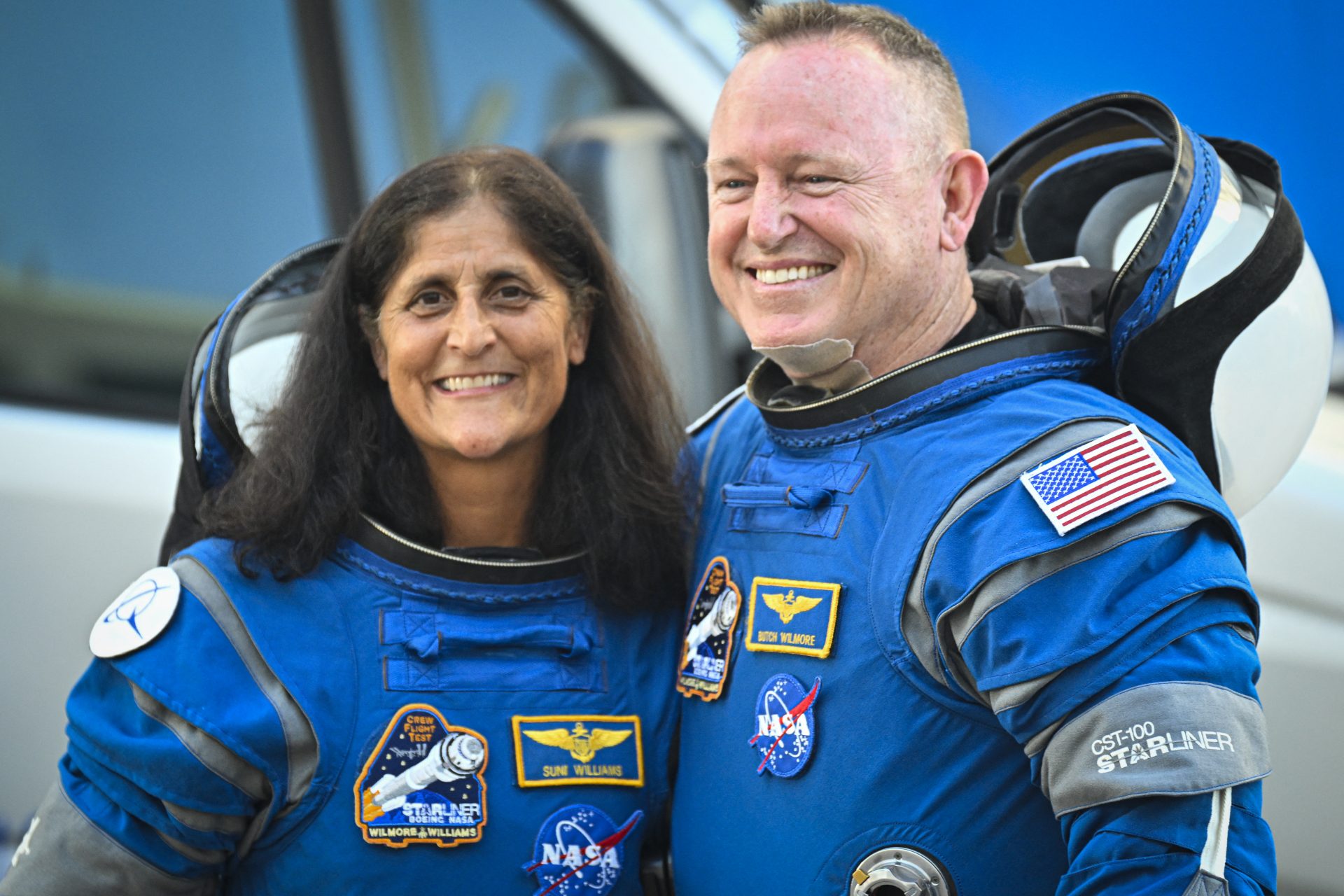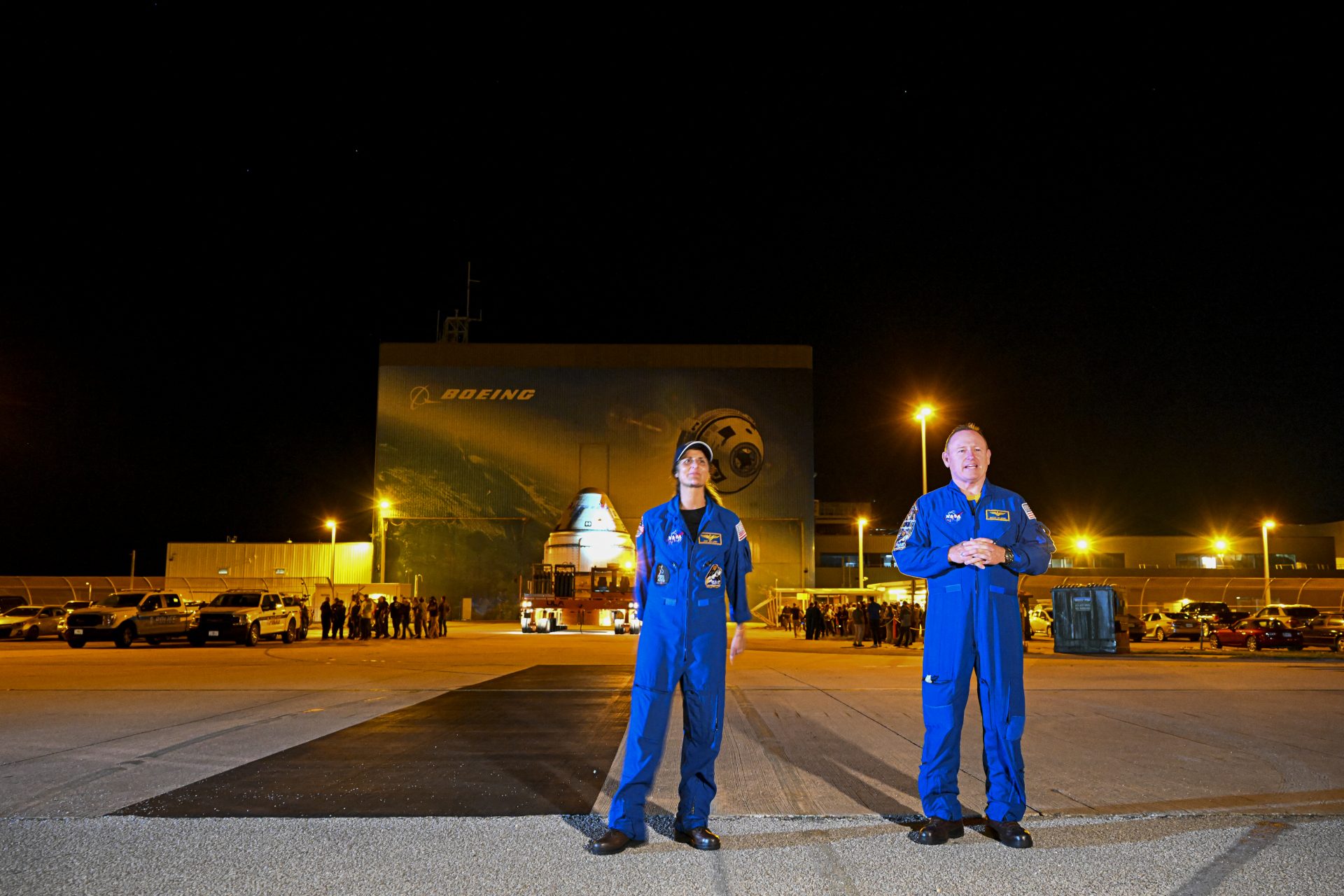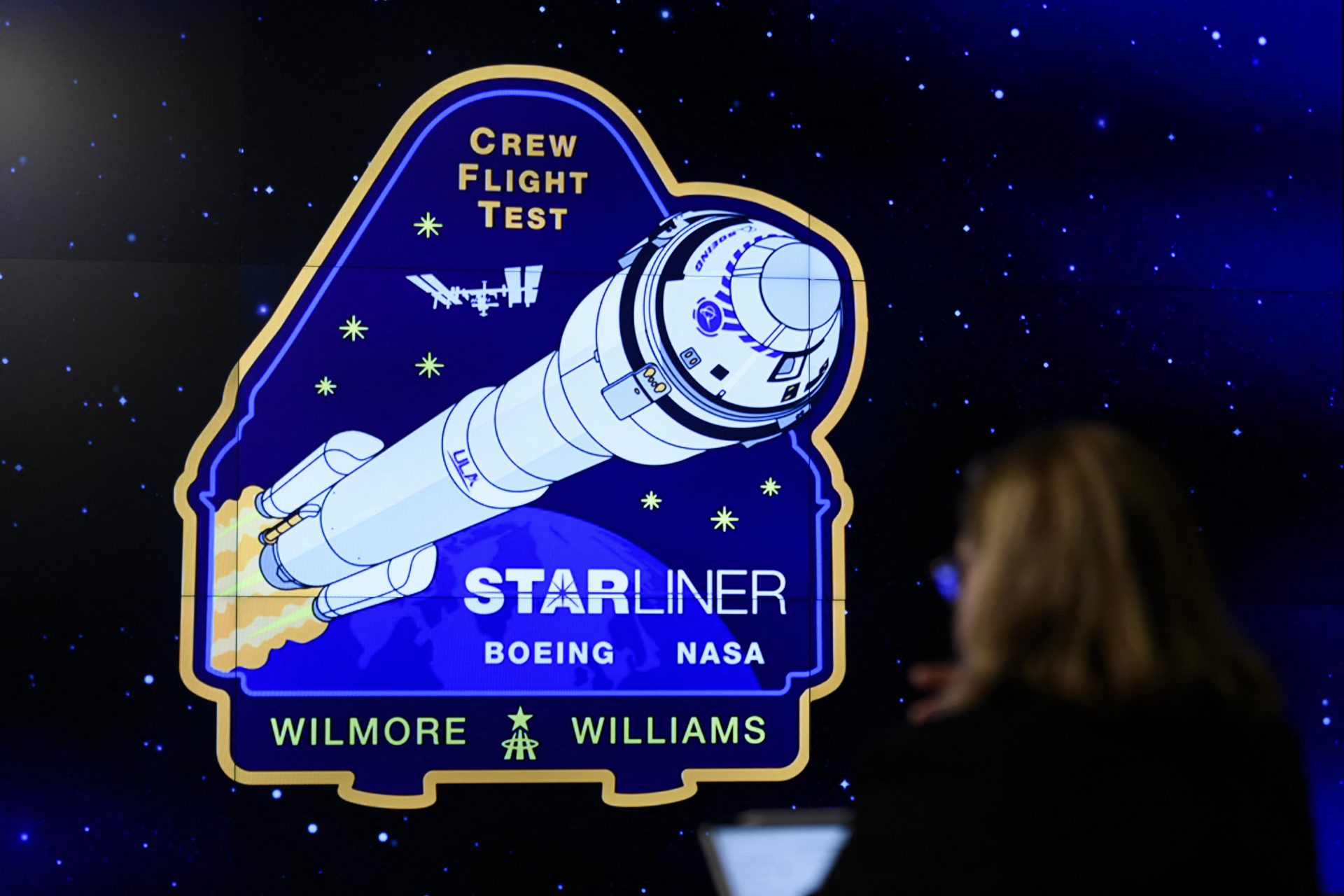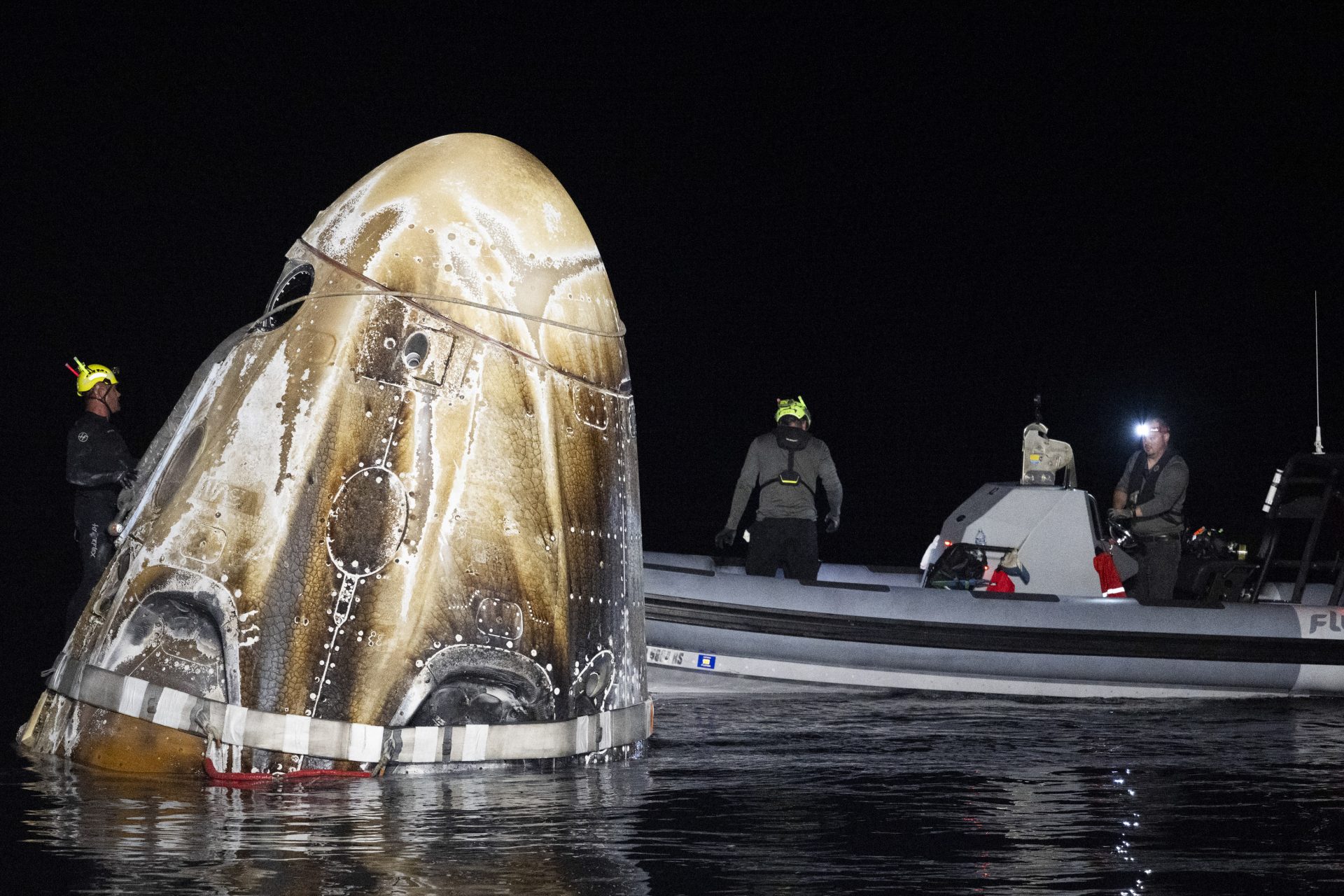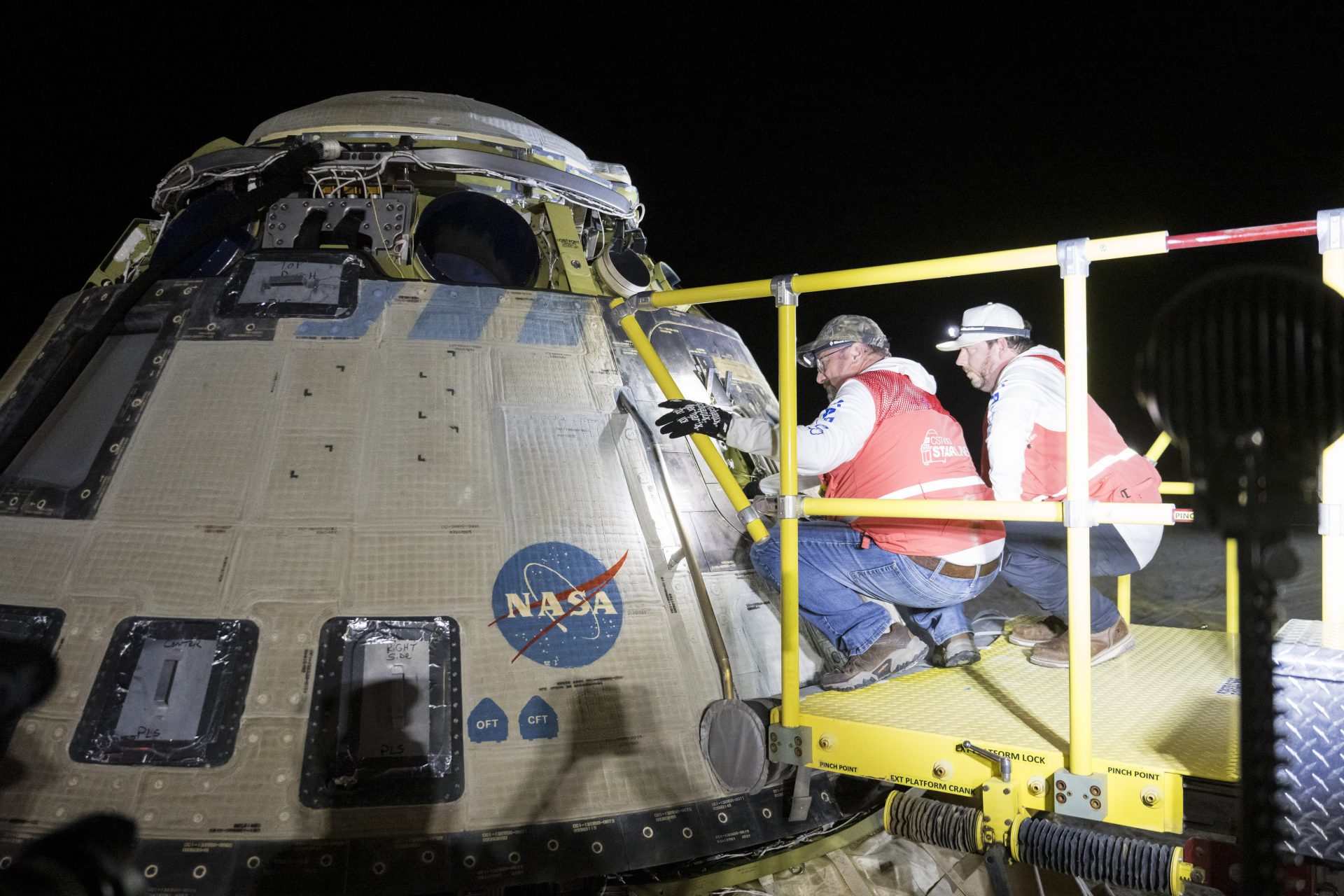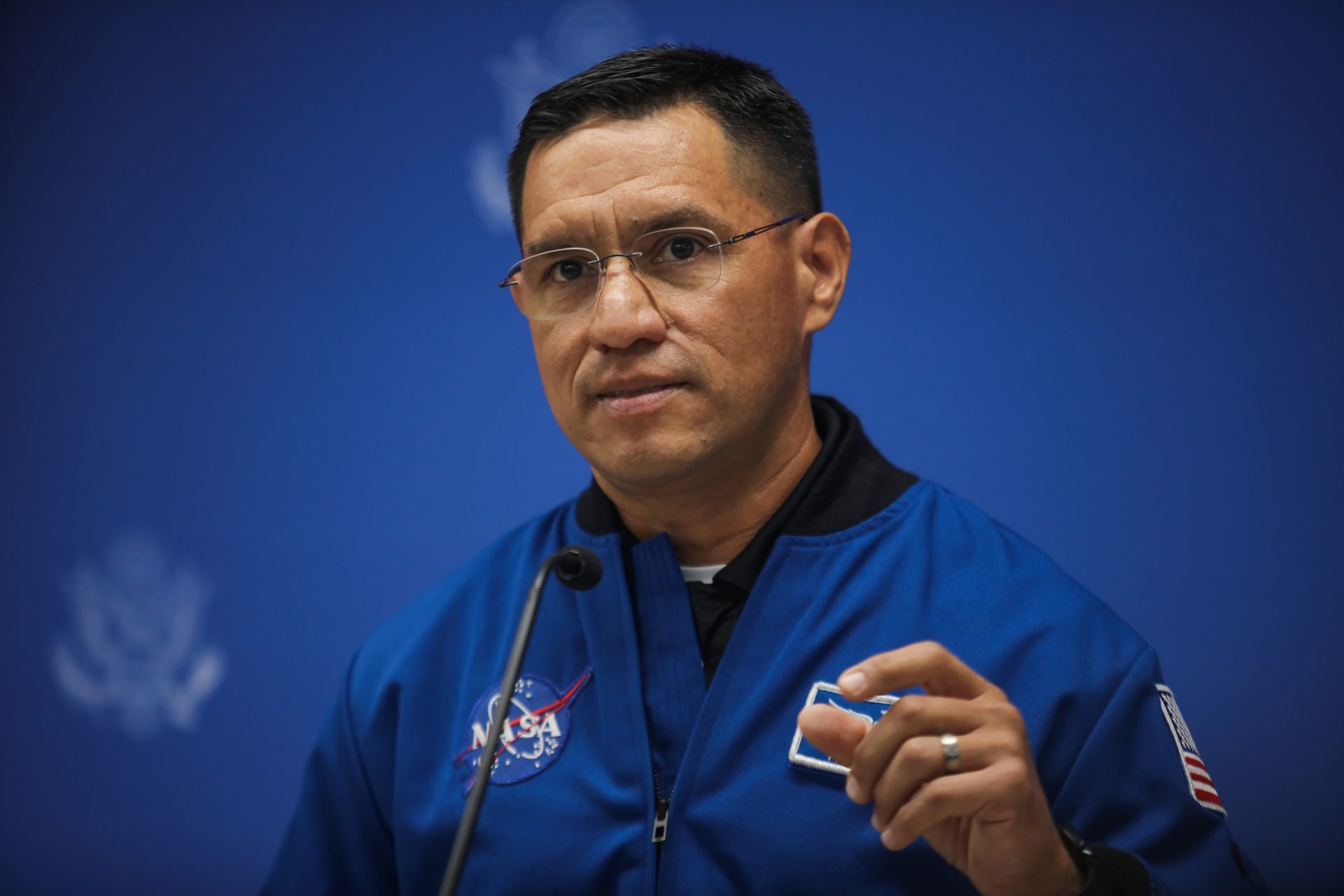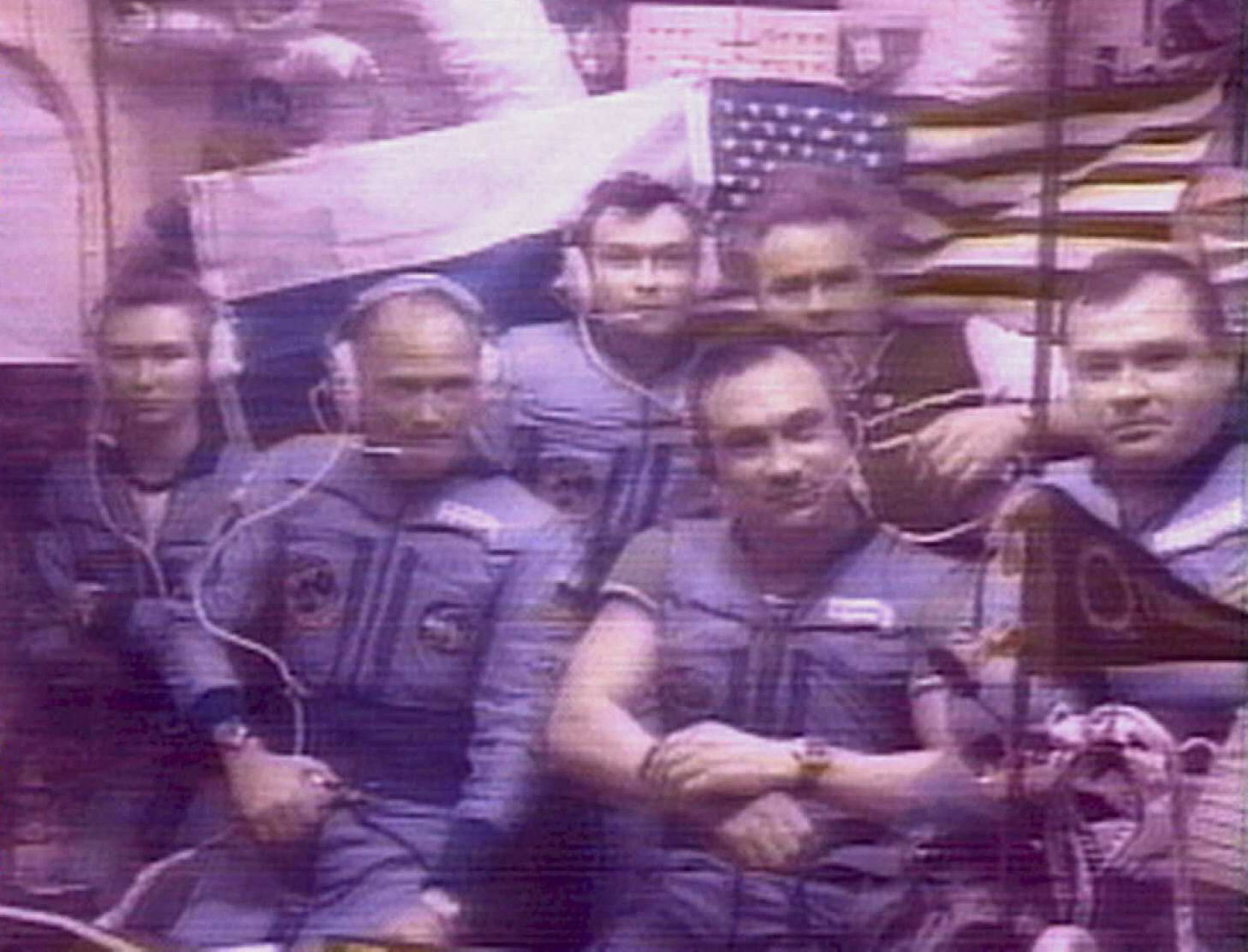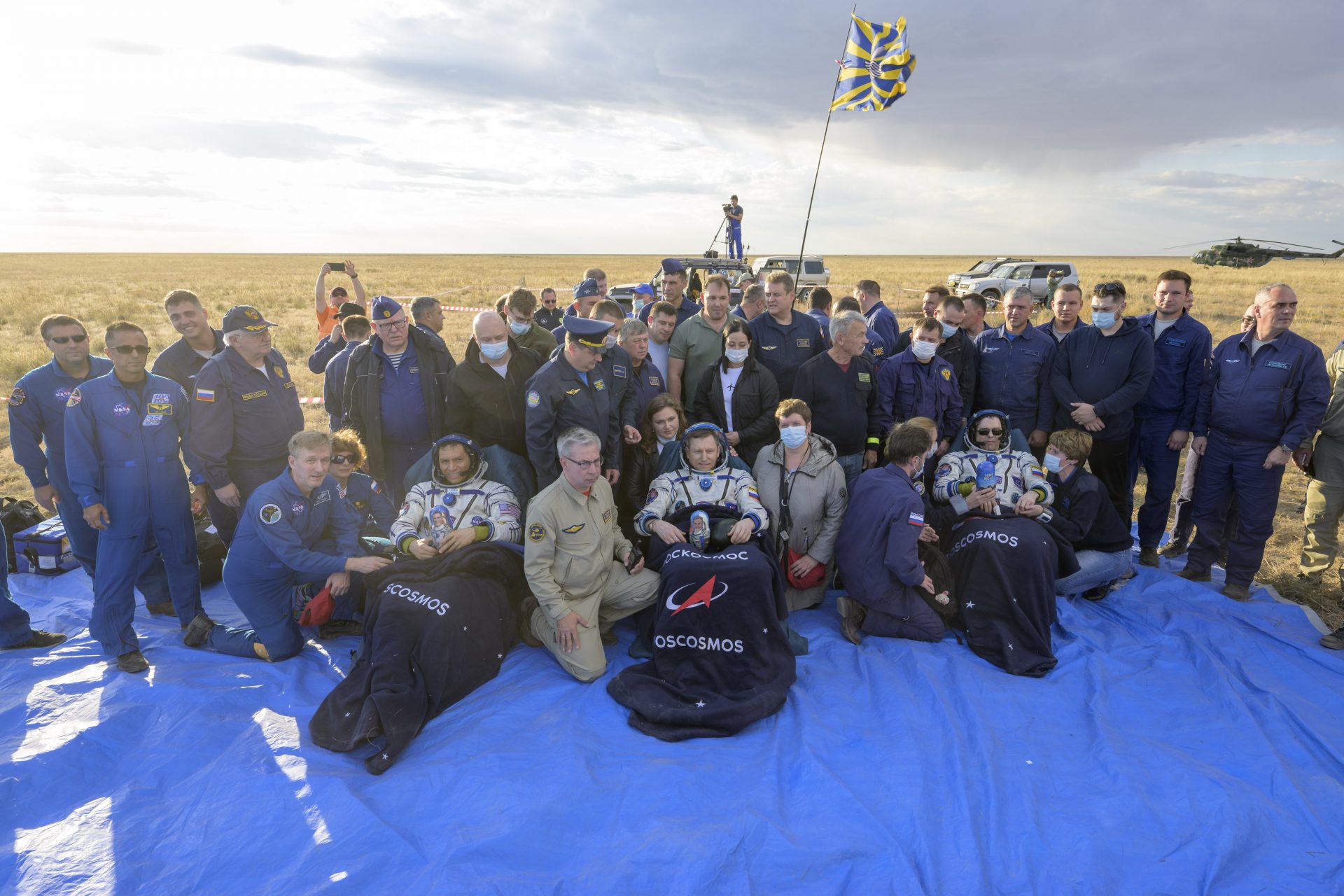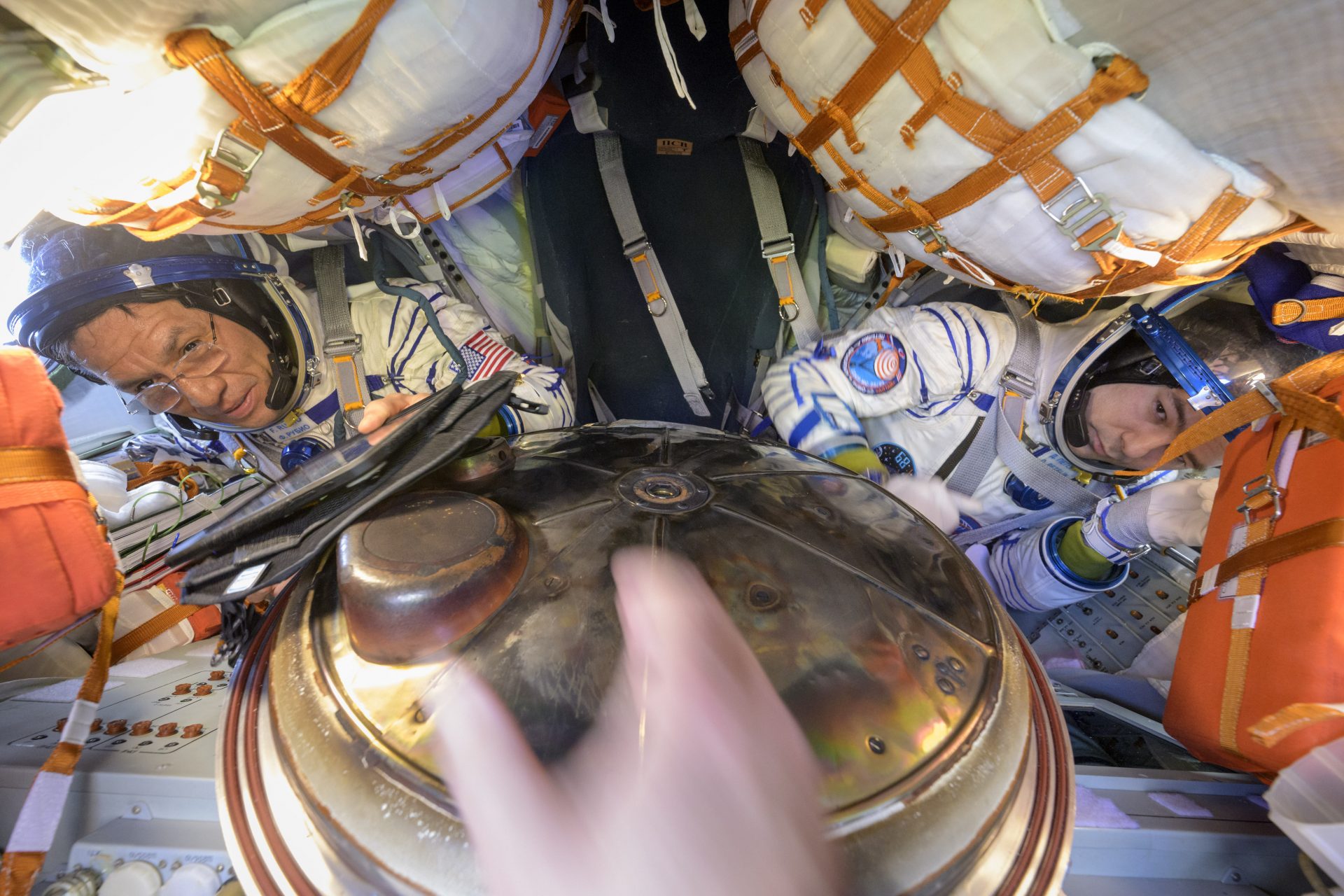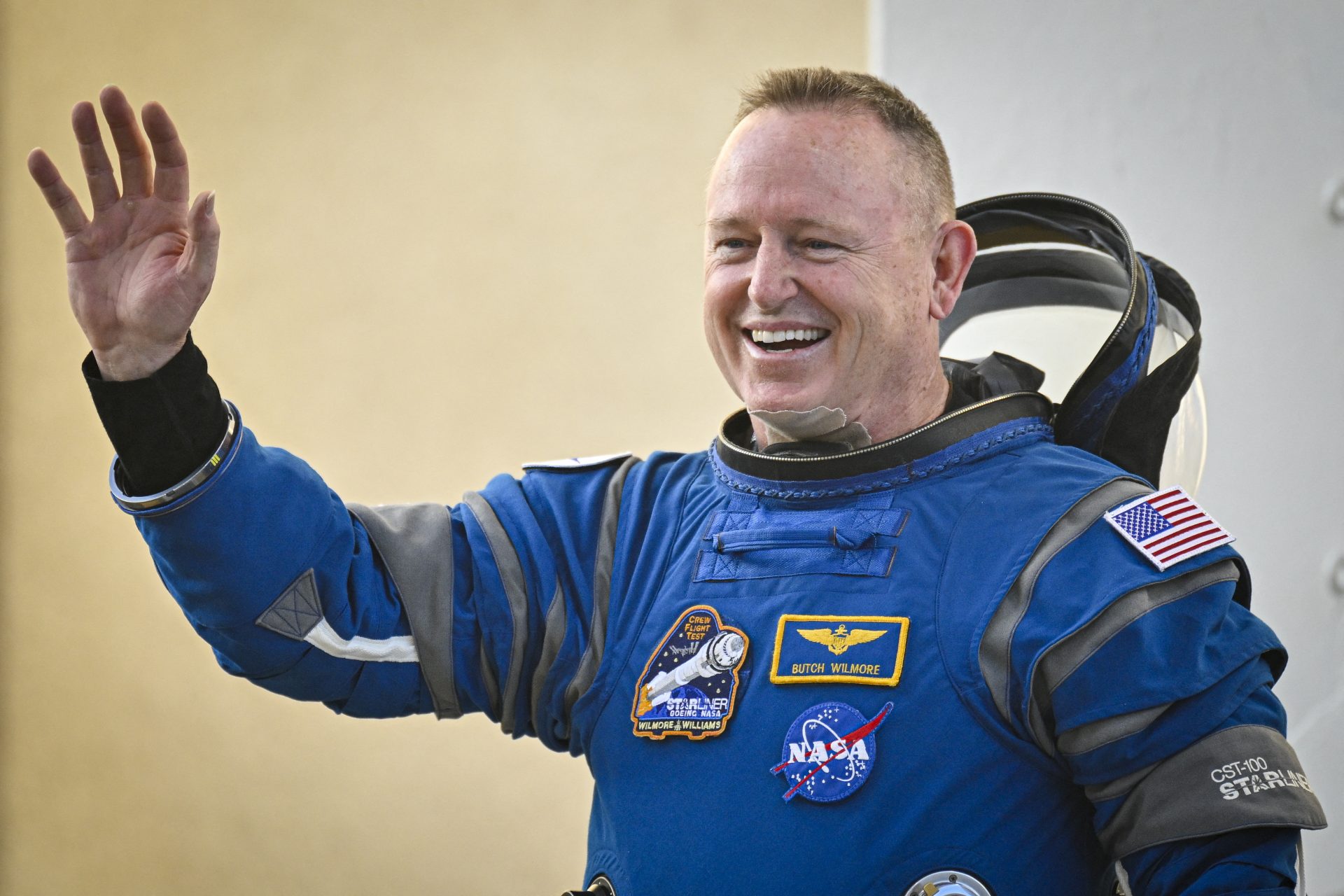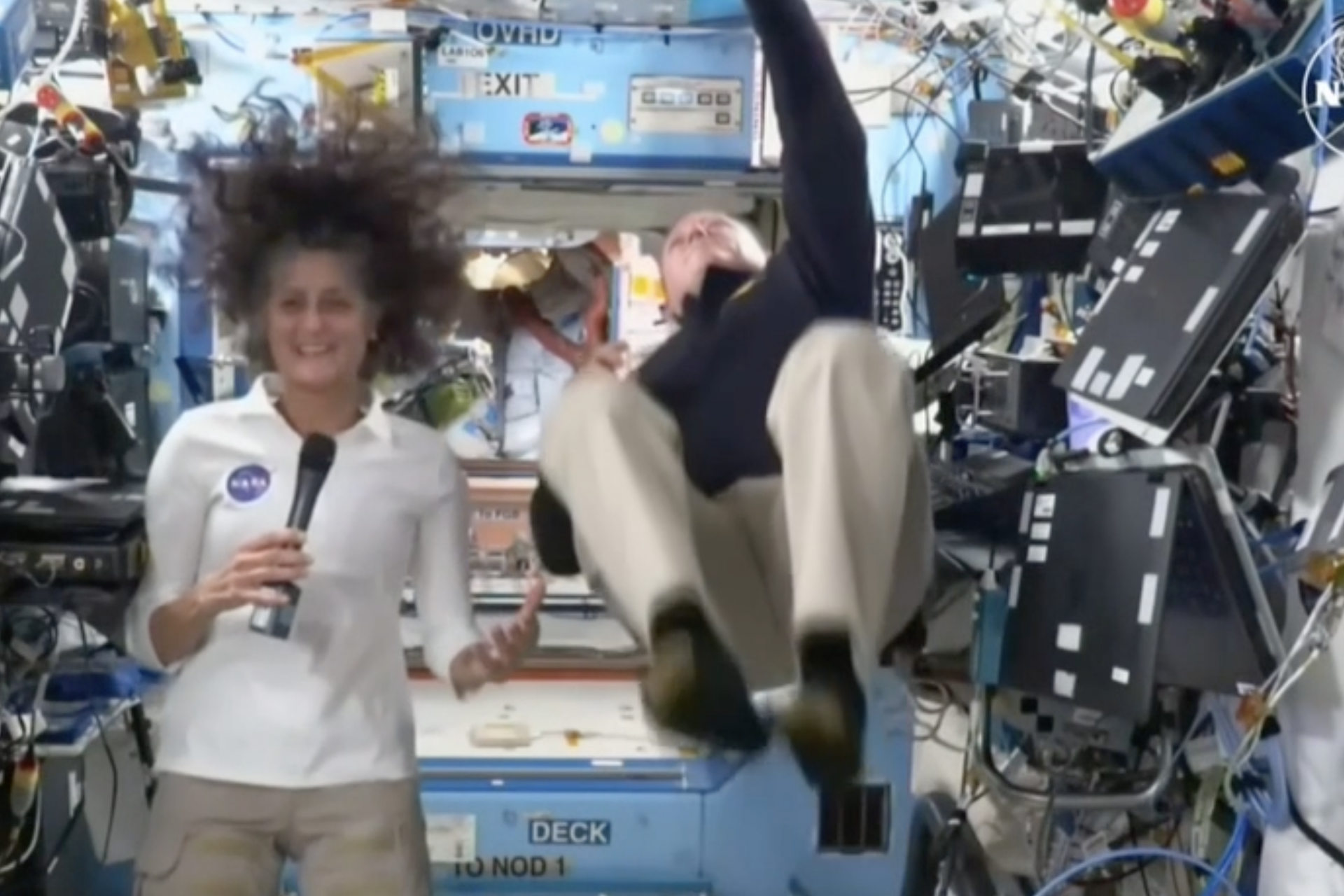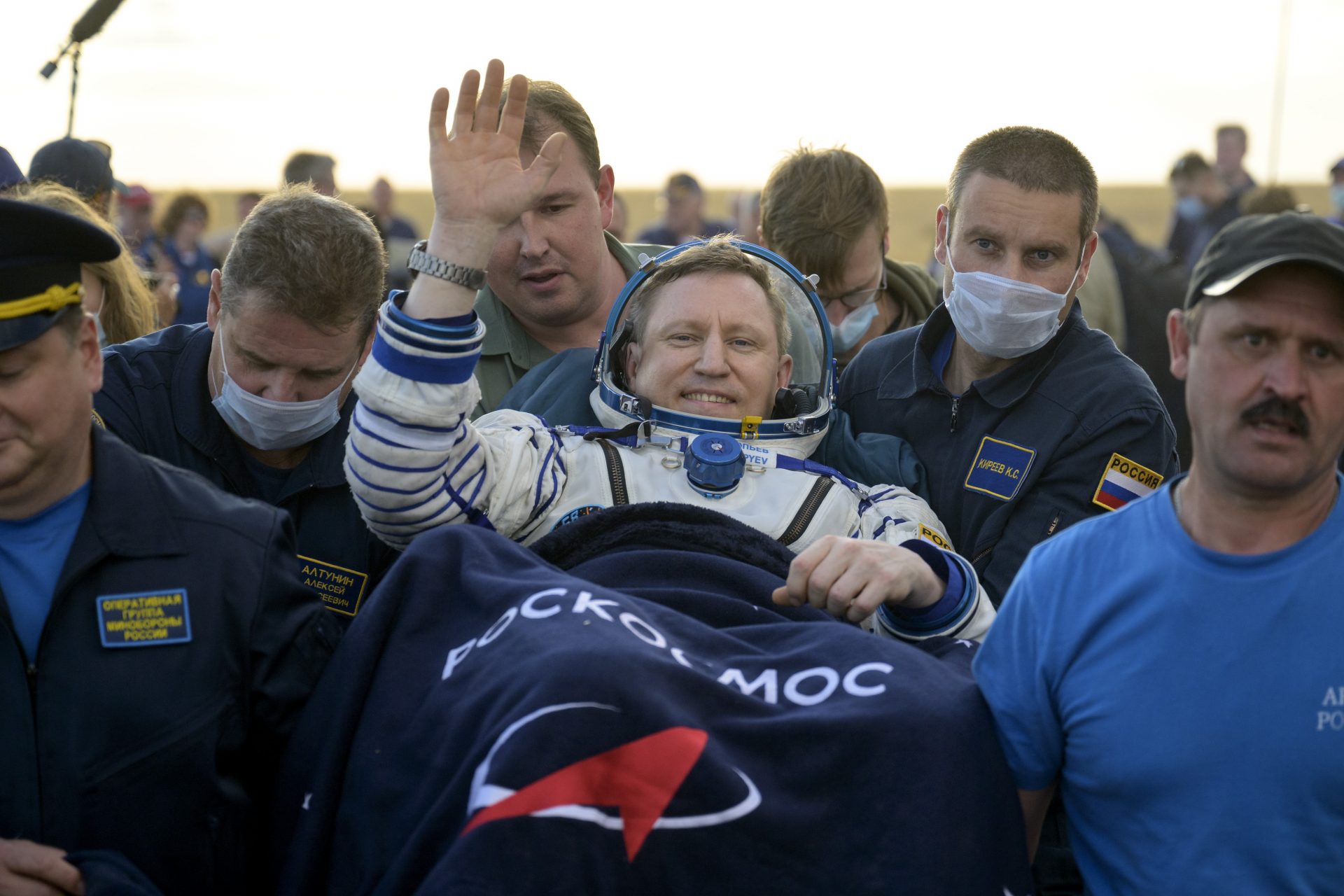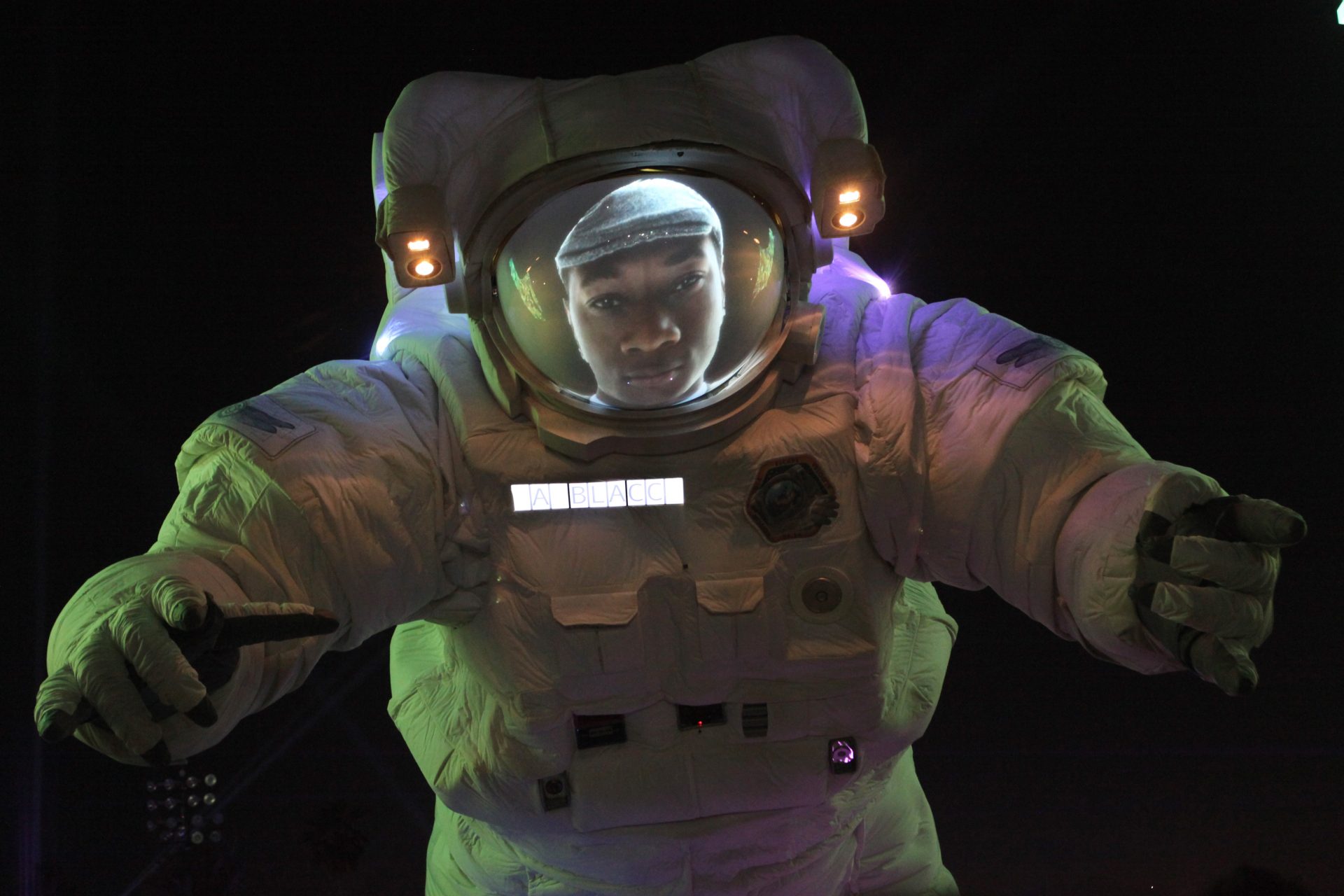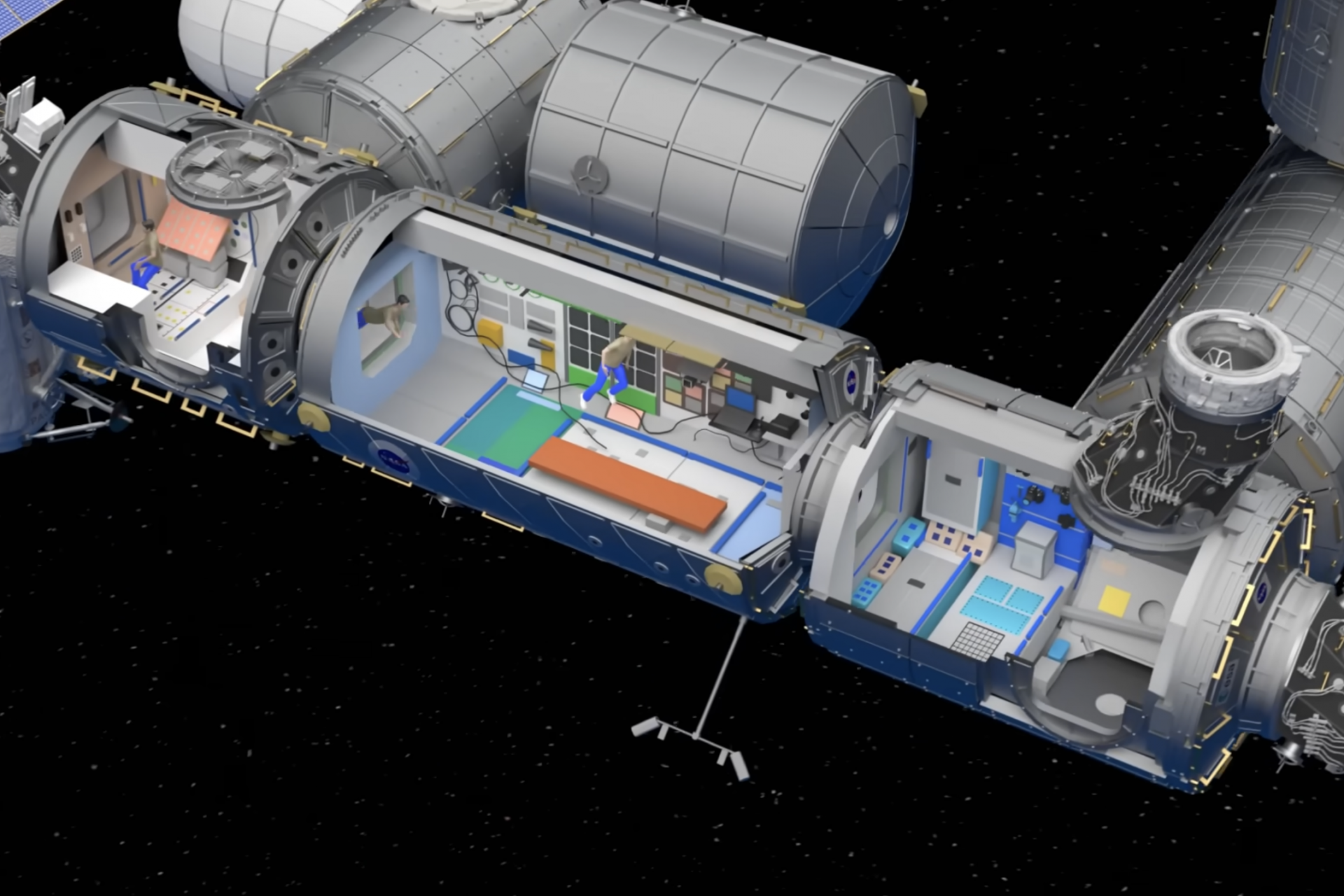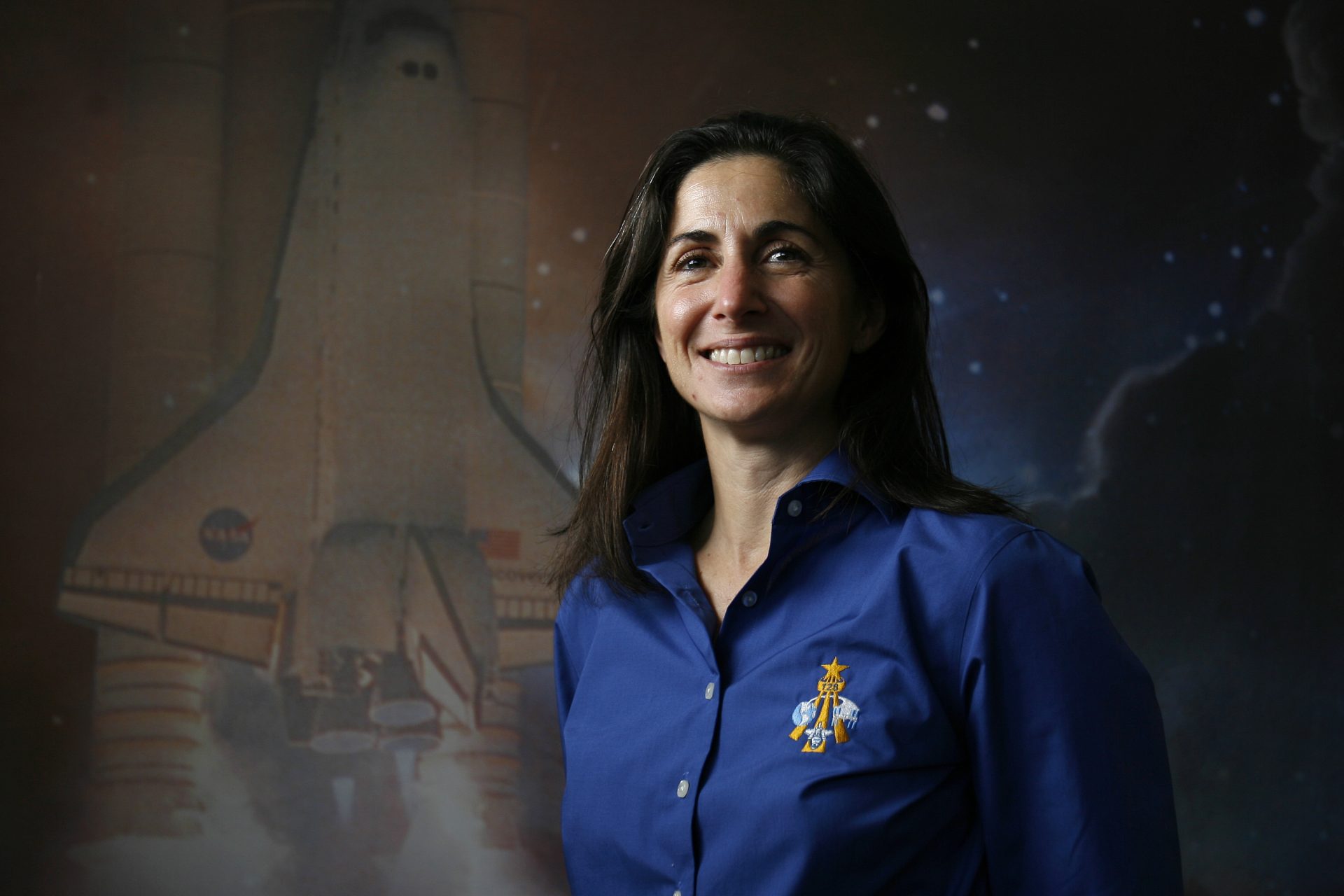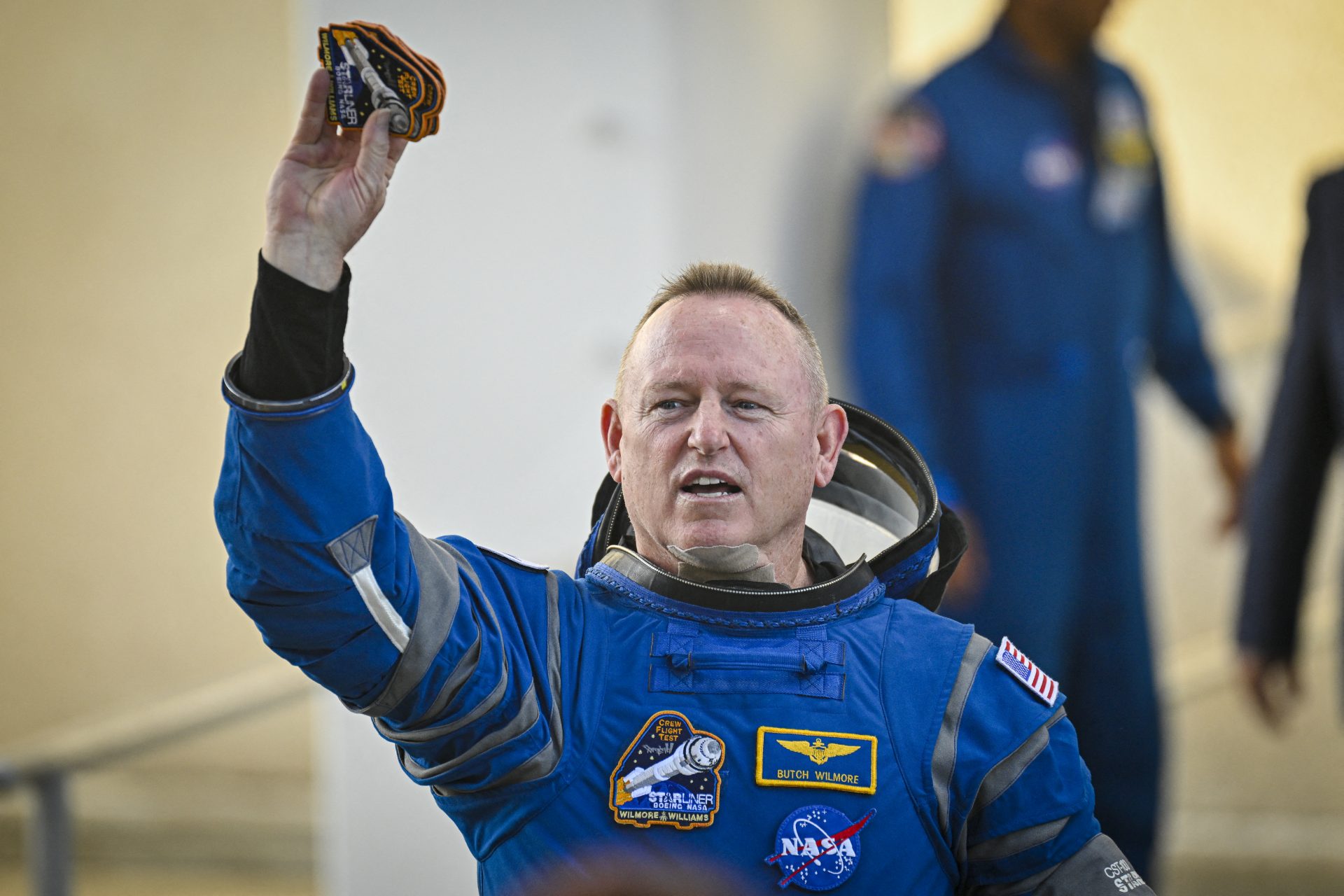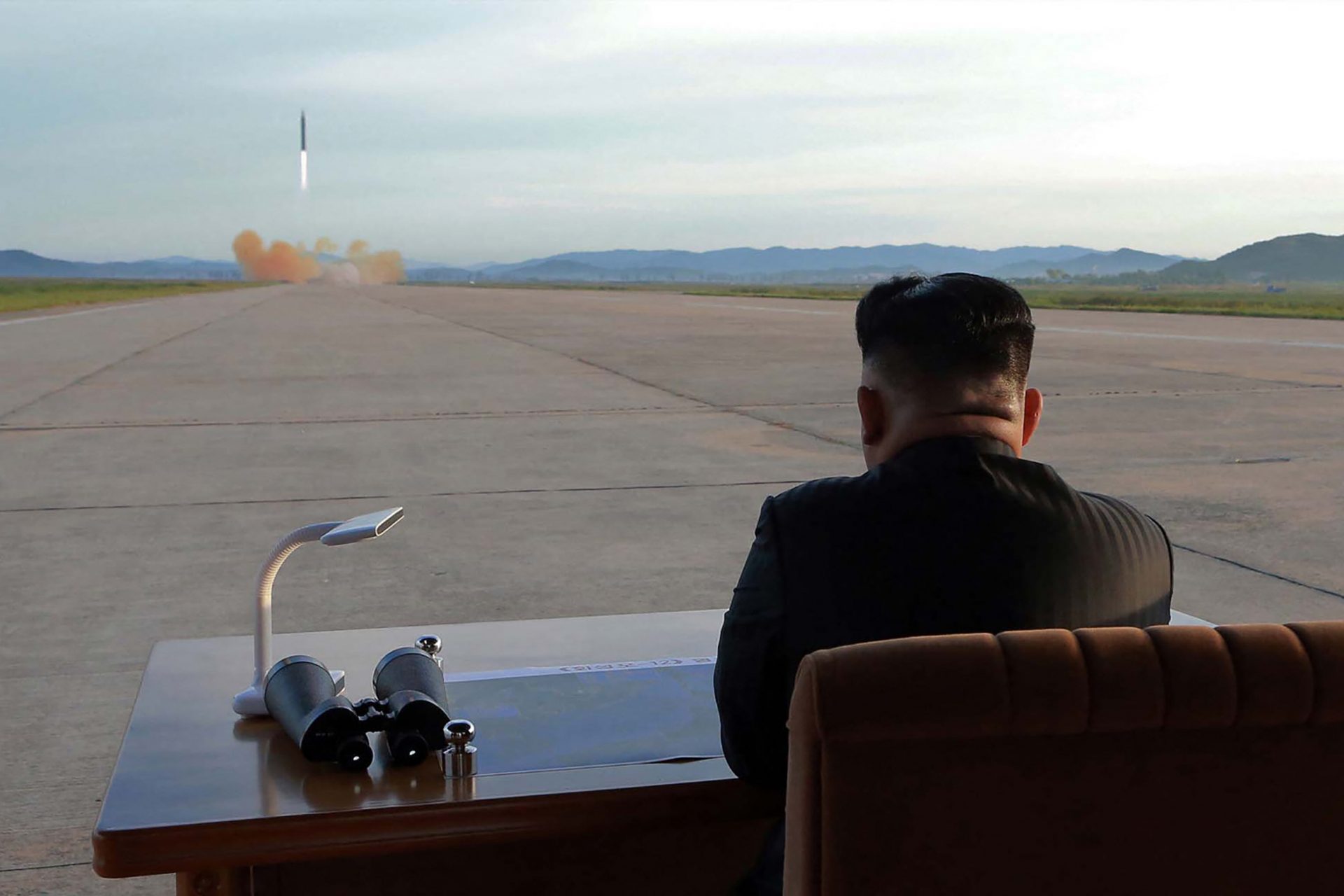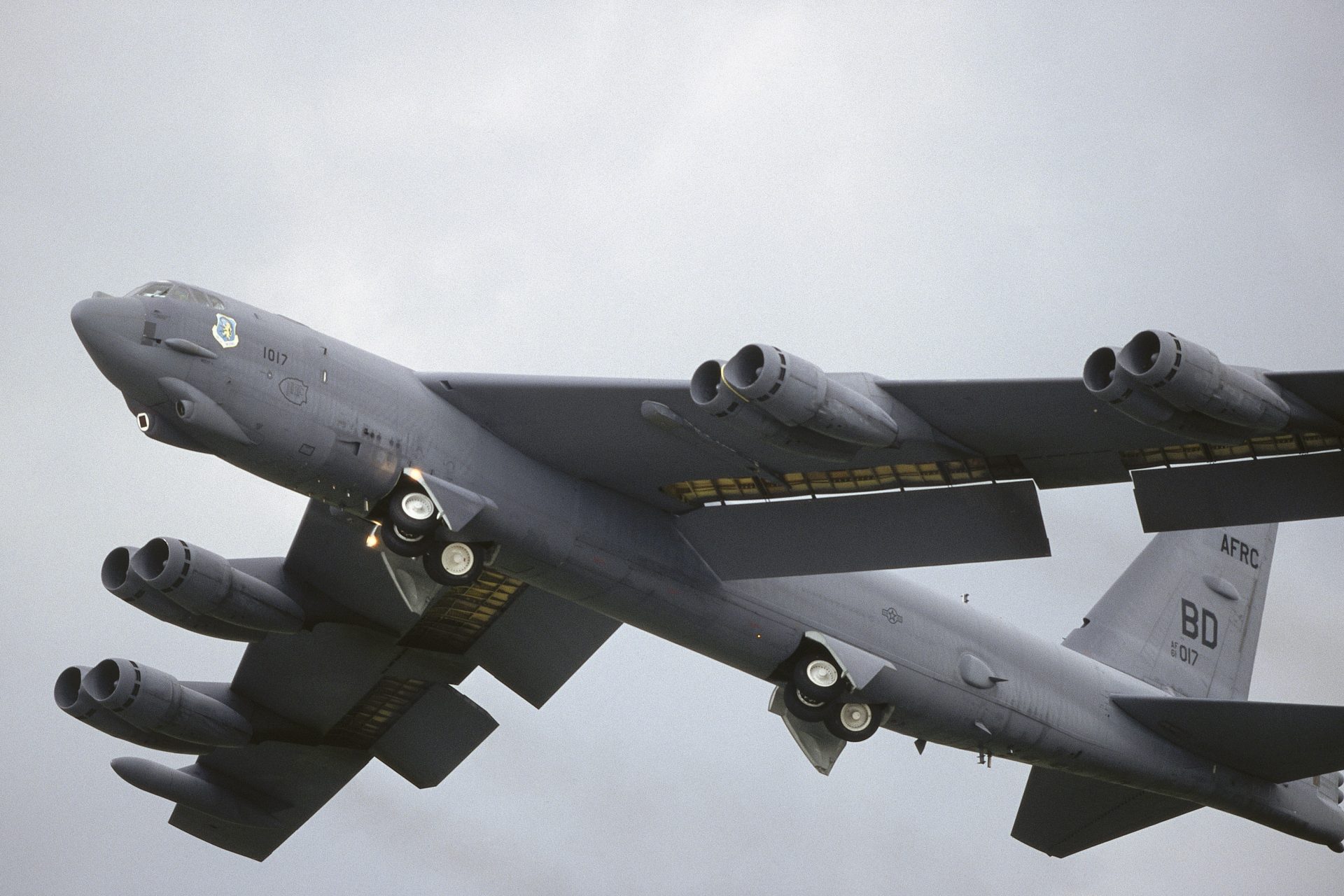Marooned on the ISS: astronauts describe their space odyssey
In June, American astronauts Suni Williams and Butch Wilmore left Earth in a Boeing Starliner spacecraft bound for the International Space Station (ISS), where they were scheduled to spend eight days.
Almost six months later, they are still stranded in space and not due to come back down to Earth until February 2025.
The change of plan was due to faults in the Starliner spacecraft – helium leaks and malfunctioning thrusters made NASA nervous about using it to bring them home.
In February, NASA has two seats booked for them on Elon Musk’s SpaceX Dragon spacecraft, returning them safe and sound to their families.
So how do they feel about being left behind? “You don’t want to see it [the spacecraft] go off without you, but that’s where we wound up,” Butch told the BBC.
Eight months in space might seem like an eternity but Frank Rubio’s “mission extension,” as NASA terms it, from 6 months to just over a year in 2022, made him the American record-holder for longest spaceflight, at 371 days.
One man stayed even longer – Russian cosmonaut Valery Polyakov whose stay stretched to 437 days on Russia’s Mir space station in the 1990s.
Many astronauts have a military background. They are also chosen for their tolerance and laidback nature, but Rubio says that even knowing the risks involved, any change of schedule can be hard.
“When you’re expecting an eight- to 15-day mission, and you get the news that it’s going to be longer, it’s always going to be a little bit hard, mostly for personal reasons,” Rubio told The Washington Post, referring to Butch and Suni.
Butch himself told the BBC, “Ninety percent of our training is preparing for the unexpected and sometimes the unexpected goes beyond what you even think could happen.”
While we imagine space as a weightless place where humans bound along in a carefree manner, it is actually punishing on both the body and mind, according to Rubio.
Photo: screenshot from BBC video
In fact, space is “the most prohibitive environment humans have ever operated in,” Rubio told the Post.
While zero-gravity might seem like fun, it can bring on blinding headaches and cause parts of the body to swell up, causing what is known as “moon face,” according to the journal of Space Technology and Science.
Suni and Butch are sharing the ISS with nine other people. The ISS is the size of a six-bedroom house but consists of a complex of hallways no more than six feet high and wide.
Photo: screenshot from WSJ video
Still, the pair seem upbeat. “This is my happy place,” Suni told the BBC. “I love being up here in space. It’s just fun. You can do it [your work] upside down.”
Photo: screenshot from BBC video
A fun fact former astronaut Nicole Stott, who spent 104 days in space on two missions in 2009 and 2011, told the BBC: “In zero-gravity, clothes float on the body so oils and everything else don’t affect them. I had one pair of trousers for three months.”
Asked if he felt let down by NASA, Butch replied, “Absolutely not. Never entered my mind and I don’t think Suni’s either.”
More for you
Top Stories



